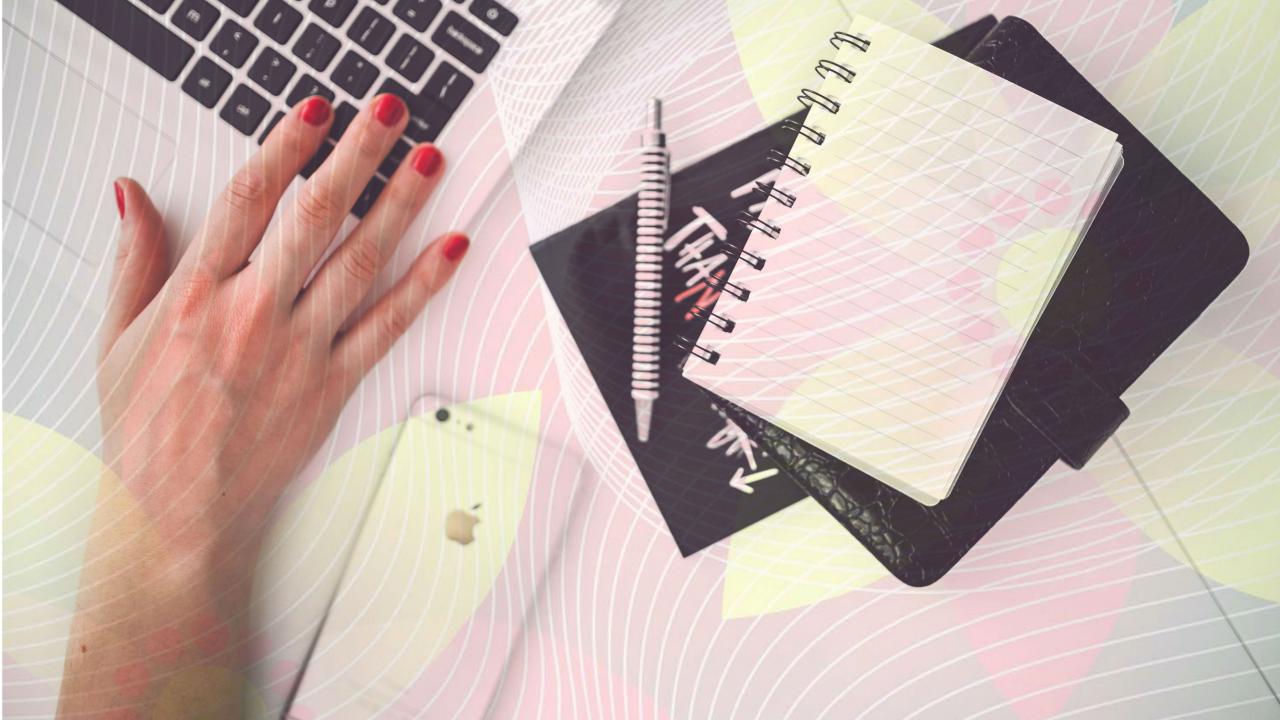Anxiety is a general term for many disorders that cause nervousness, fear, apprehension and worrying. These disorders affect how we feel and behave, and they can manifest real physical symptoms. Mild anxiety is vague and unsettling; severe anxiety can be extremely debilitative, having a major impact on daily living.
Anxiety disorders may be caused by environmental factors, medical factors, genetics, brain chemistry, substance abuse, or a combination of these. It is most commonly triggered by the stress in our lives. Usually anxiety is a response to outside forces, but it is also possible that we make ourselves anxious with negative self-talk--a habit of always telling ourselves that the worst will happen.
Environmental factors that are known to cause several types of anxiety include:
• Childhood deprivation and parenting issues
• Trauma from events such as abuse, victimization, or the death of a loved one
• Stress in a personal relationship, marriage, friendship and divorce
• Stress from school
• Stress about finances and money
• Stress from a natural disaster
• Lack of oxygen in higher altitude areas
Anxiety is associated with medical factors such as anemia, asthma, infections, and several heart conditions. Some medically-related causes of anxiety include:
• Stress from a serious medical illness
• Side effects of medication
• Symptoms of a medical illness
• Lack of oxygen from emphysema or pulmonary embolism (blood clot in the lung)
Environmental factors that are known to cause many types of anxiety include:
• Childhood or adult trauma from events such as abuse, victimization, or death of a loved one
• Stress in a personal relationship, marriage, friendship, and divorce
• Stress at work
• Stress about financial issues and money
• Stress from a natural disaster
• Stress over time caused from cumulative events
Current Treatments for Anxiety Include:
Educating Yourself – Learn about what you can do to help yourself. Read books on anxiety, talk to a therapist or doctor. The more you know, the better you will be able to handle your symptoms.
Relaxation Training – Abdominal breathing and deep relaxation techniques that are practiced on a regular basis, or a physical exercise program.
Cognitive Therapy – Self-talk underlying specific worry themes are challenged and replaced with more realistic thinking.
Reduce Worry Behavior – Identify overly cautious behaviors that tend to reinforce worrying. For example, if you tend to call your spouse or child several times a day to check on them, you would reduce the frequency of the calls.
Problem Solving – Focusing on solutions to the problem that worries you instead of the worry itself. If there is no practical solution, you would work on changing your attitude toward the situation. This would be learning to accept what you cannot change.
Mindfulness Practice – Witnessing the ongoing stream of thoughts and feelings in the present moment without placing a judgment on yourself.
Body/Physical – Breathing exercise, regular practice of deep relaxation, regular exercise, and nutritional awareness.
Emotional – Learning to express feelings in healthy ways, both verbally and in writing--for example, journaling and letter writing.
Mental Health – Challenging negative self-talk and practicing positive affirmations.
Interpersonal – Learning to be assertive and set proper boundaries.
Spiritual – Developing an understanding of God and/or your higher power, finding purpose in life.
Source: Bender, Guy; Sierra Tucson, Tucson, Arizona





Add a CommentComments
There are no comments yet. Be the first one and get the conversation started!